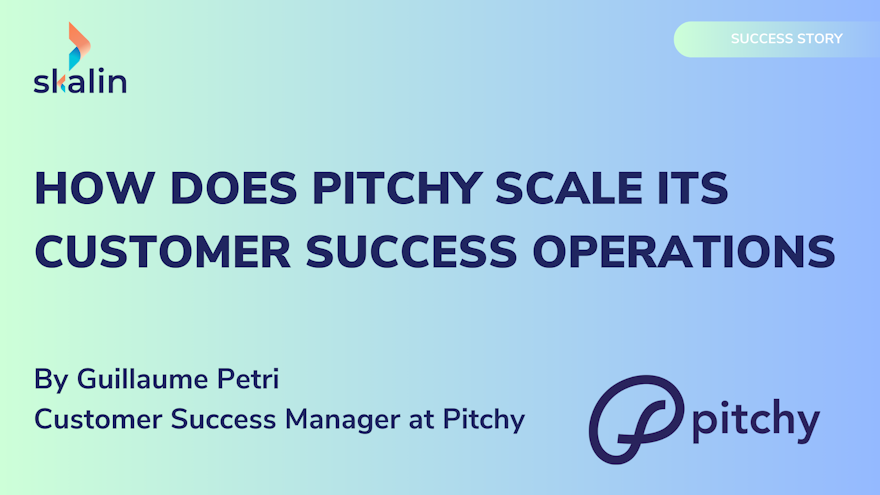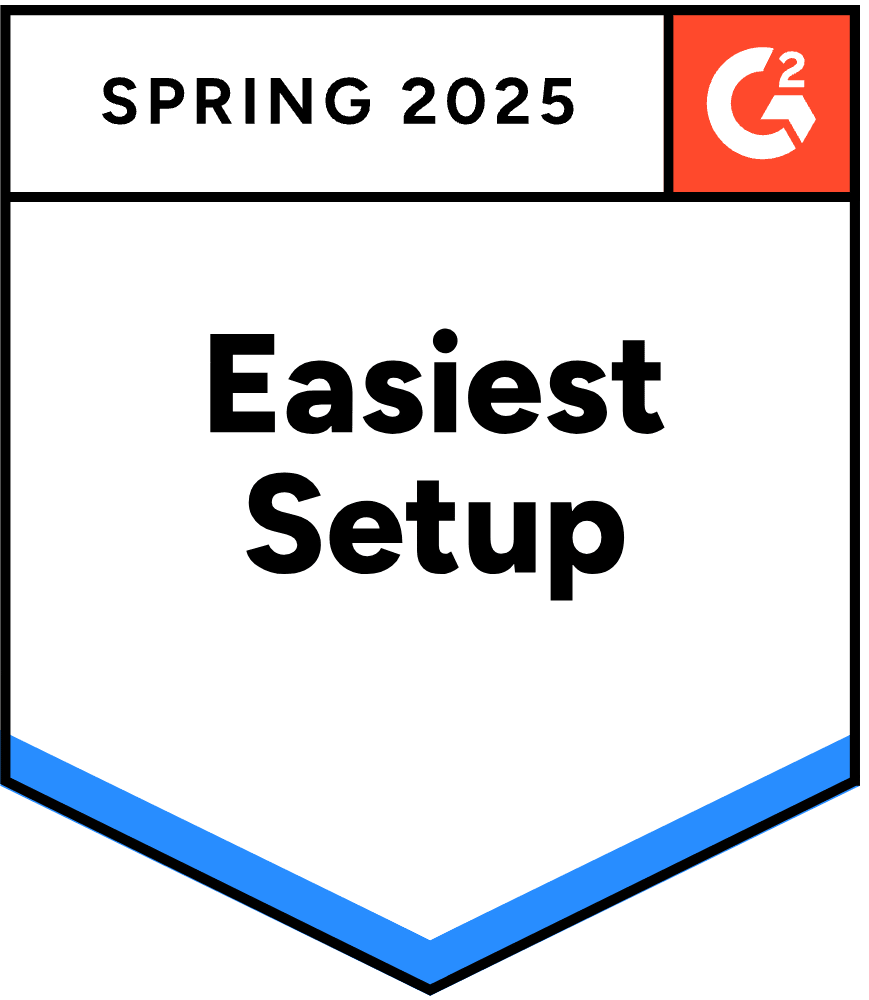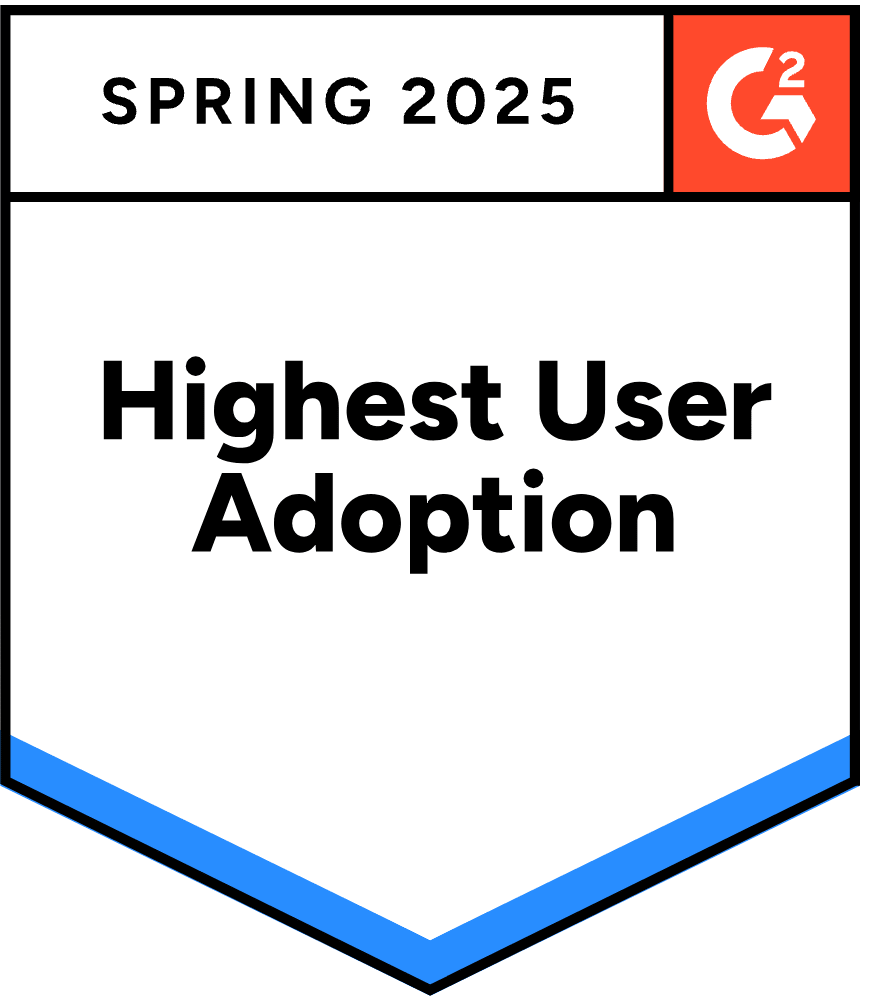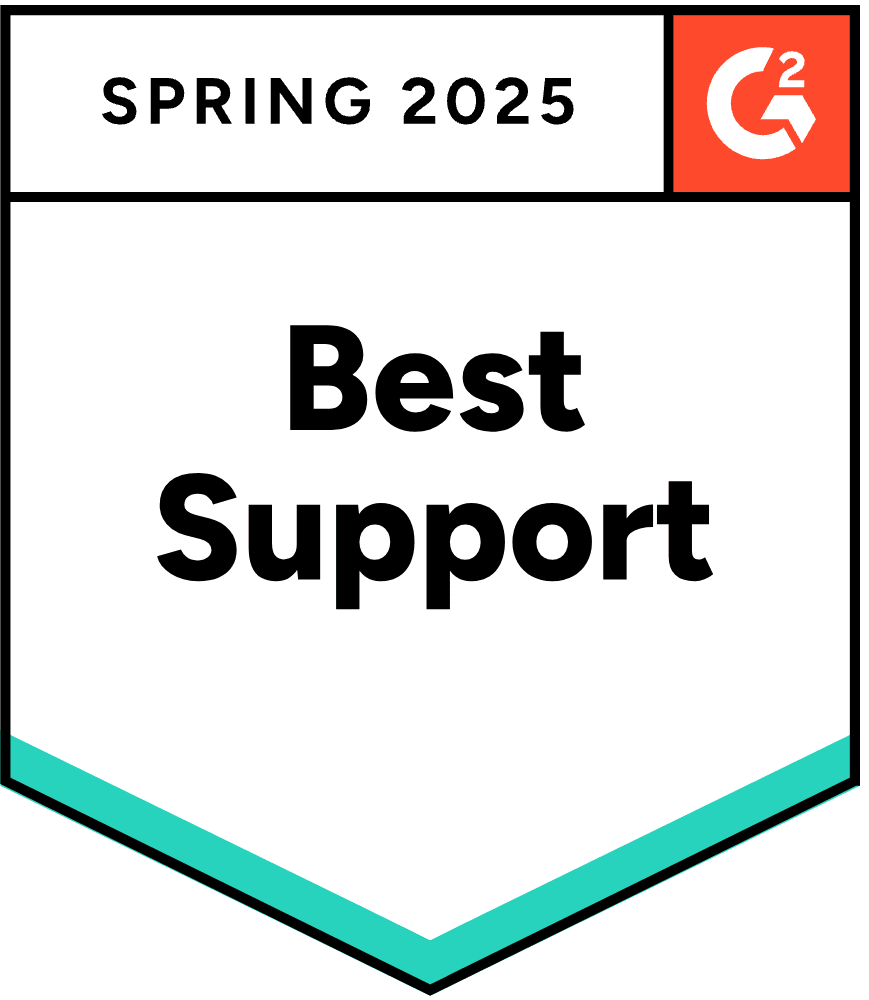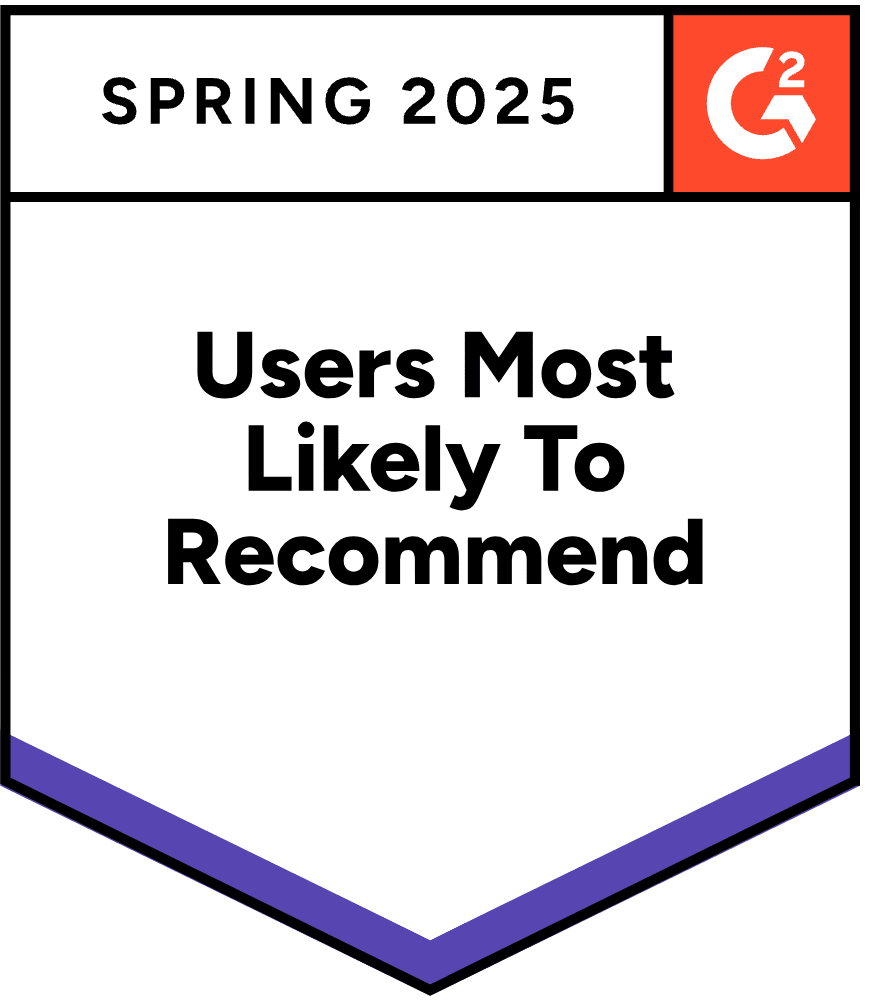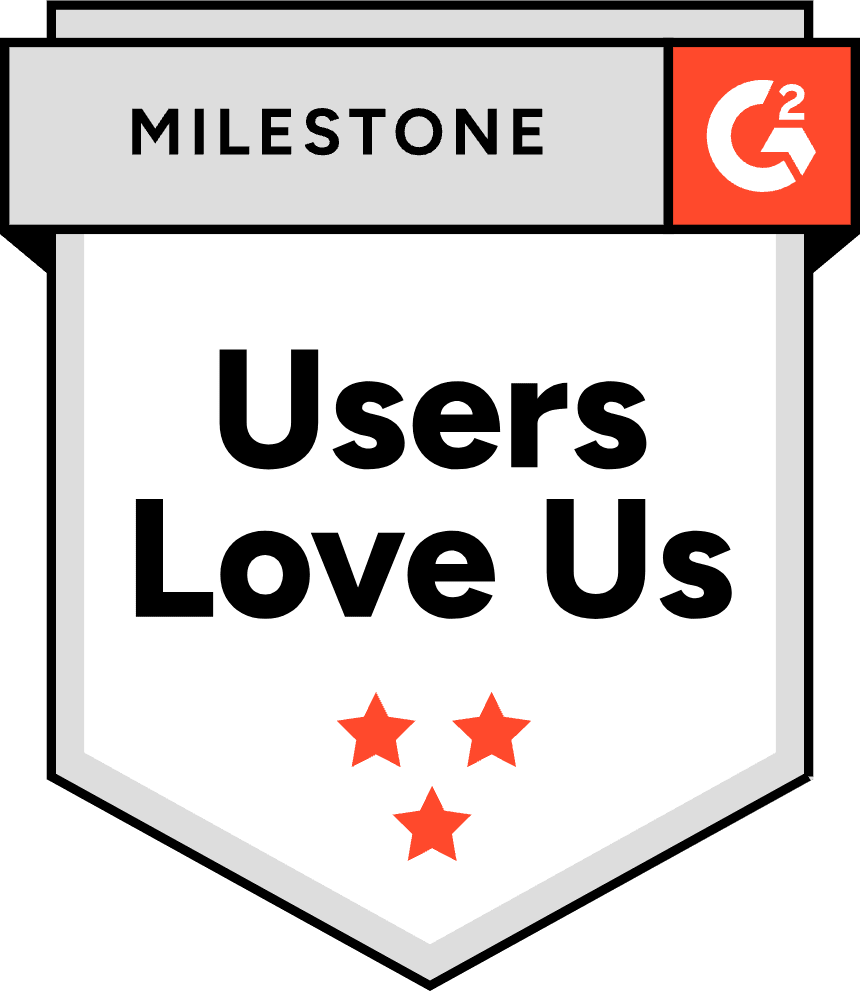Pitchy raised 40 million in October 2023, reflecting the company's ambitious growth goals. To maintain this momentum, the Customer Success team underwent necessary adaptations and restructuring. Guillaume Petri, the Customer Success Manager responsible for implementing Skalin, highlights how Playbooks have empowered Pitchy to effectively scale its customer operations.
Could you introduce yourself and provide a brief overview of Pitchy ?
I'm a Customer Success Manager at Pitchy. I've played a pivotal role in implementing Skalin and enhancing its use within our team, specifically through the integration of the Health Score and Playbooks.
Pitchy is a SaaS platform and mobile application designed for creating professional videos. It caters to various departments, including internal communications, human resources, and sales. Our clientele primarily comprises CAC 40 groups, alongside a few Small and Medium-Sized Business (SMB) customers.
With over 80 employees, Pitchy boasts an Annual Recurring Revenue (ARR) ranging from €10-15 million.
How do you segment your customers ?
The CS team consists of 12 Customer Success Managers and 2 Support personnel responsible for handling incoming requests. We oversee approximately 800 to 900 key accounts alongside a few Small and Medium-Sized Business (SMB) customers, translating to roughly fifty customers per CSM.
Our customers are categorised based on MRR and the duration of their commitment:
High Touch: Comprising our largest customers with the highest MRR, this category receives regular, personalised support from us.
Mid Touch: Mid Touch customers, receiving less frequent contact typically every 6 months, benefit from semi-personalised support.
Low Touch: This category includes SMB customers and those with the lowest MRR. They do not have a dedicated CSM but instead interact with support and have self-service access to our content.
Why did you decide to implement Skalin ?
We opted to implement Skalin a year and a half ago to address four key challenges hindering our growth:
Lack of 360° vision: Managing multiple tools like Salesforce CRM, Zendesk for ticketing, and internal platforms made obtaining a comprehensive view of accounts difficult. Skalin allowed us to consolidate all data into a single platform, facilitating better insights..
Team expansion: With the arrival of several new Customer Success Managers, standardising processes and practices became imperative. Skalin helped us streamline our operations and unify our Customer Success approach.
Proactivity shortfall: Time constraints within the Customer Success team led to a lack of proactive engagement with our customers. Skalin's features empowered us to be more proactive and responsive in our interactions.
Missed opportunities: Daily time constraints hindered our ability to devise comprehensive strategies, resulting in missed commercial opportunities such as upselling and cross-selling. Skalin provided us with the tools needed to develop and execute effective strategies, minimizing missed opportunities.
Among the features of Skalin, which one do you find most effective in scaling your Customer Success operations ?
Playbooks, without a doubt! A Playbook consists of a series of automated actions, such as task creation or email sending, triggered by specific launch conditions.
At Pitchy, we've implemented several triggers to automate processes and streamline daily tasks for our CSMs. These triggers are tailored to different customer segments:
- For High Touch customers, we use Playbooks to schedule follow-up meetings and send personalised emails based on their platform usage. Additionally, they alert CSMs when customer engagement is low.
- With Mid Touch customers, Playbooks help organise follow-up meetings and send semi-personalised emails. They also facilitate fully automated customer onboarding processes.
- For Low Touch customers, we've established fully automated Playbooks, including features like automatic reminders for user inactivity. In the event of a customer reply to an automated email, our Support team takes over the response.
How is a Playbook structured?
Let's delve into our example Playbook aimed at encouraging platform usage. We've established the trigger "No use of the HD Video Generation feature in 1 month," which is customizable. For instance, we can tailor it to apply solely to Low Touch customers in specific life stages.
Following this trigger, the action entails notifying the CSM assigned to the account, if applicable. At Pitchy, we've implemented a protocol where the CSM has the opportunity to validate or reject the action. Next, we distinguish between High Touch customers and others, sending different emails based on customer segmentation. Additionally, we differentiate between French and English communication, catering to our French-speaking and English-speaking customers.
High Touch customers require a personalised approach. How do you address this demand ?
In certain scenarios, we rely less on automation. For instance, our Playbook centered on customer interactions prioritises personalisation. It's triggered by a lack of contact for a month. We then narrow down our focus to High Touch customers and identify "Key Users," our preferred points of contact.
The actions associated with this Playbook include:
- Notification of the CSM: This can be achieved through email or via Slack.
- Validation by the CSM to proceed with the Playbook: The CSM must confirm if the absence of interaction is abnormal.
- Sending an email: The CSM customizes it by modifying a draft created on Skalin.
- Follow-up: If the customer hasn't responded to the email within 7 days, an action is initiated to prompt the CSM to schedule a follow-up. If there's still no response, a reminder email, customisable by the CSM, is sent.
How do you effectively establish Playbooks ?
In my view, it's preferable to assign implementation responsibility to one individual or a small group. At Pitchy, I spearheaded the creation of the majority of Playbooks, then subjected them to validation and iterative refinement. Although collaborative team effort was an option, we opted for individual ownership to expedite progress.
Initially, it was crucial to reinvigorate the team's engagement and facilitate tool adoption to support the change. We encountered some initial resistance from CSMs, necessitating encouragement to embrace the tool. However, with time, its daily utilization became more widespread.
Moreover, despite the accessibility of all Playbooks to every CSM in theory, we designated a team member to oversee management tasks. For instance, this individual evaluates the effectiveness of Playbooks and facilitates information sharing among CSMs. Another team member is dedicated to disseminating pertinent information, such as validating emails, ensuring seamless communication across the team.
What outcomes have you achieved ?
In total, we observe approximately 1,000 Playbook activations per month, with around 800 Playbooks concurrently in use. These may be awaiting validation by the CSM or awaiting a response from a customer to an email. Additionally, over 300 semi-automated emails are dispatched monthly.
The primary benefit lies in the substantial time savings across various tasks for the entire CSM team. This efficiency has enabled us to adopt a more proactive approach and deliver more personalised support to our key accounts. Furthermore, we've successfully standardised and streamlined processes for all CSMs.
Additionally, we've observed that 23% of users who had been inactive on the Pitchy platform returned to using it after implementing Playbooks.

